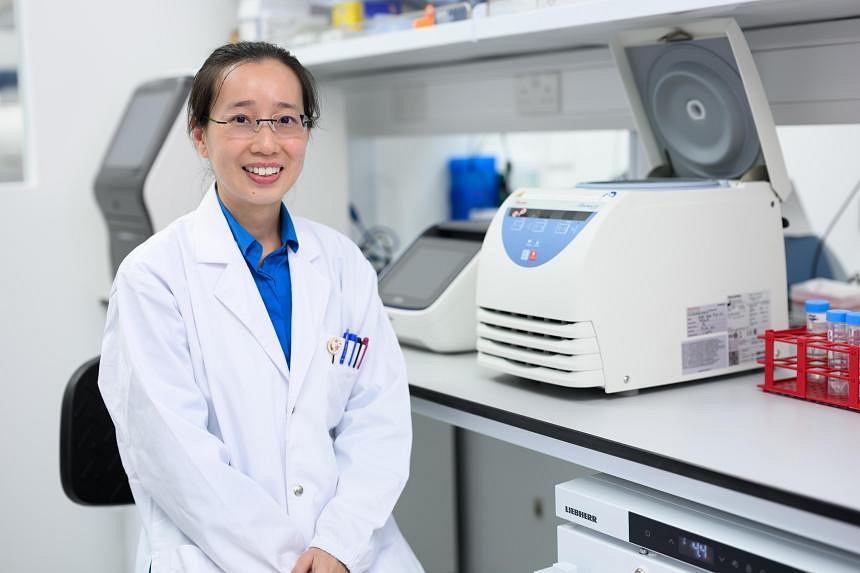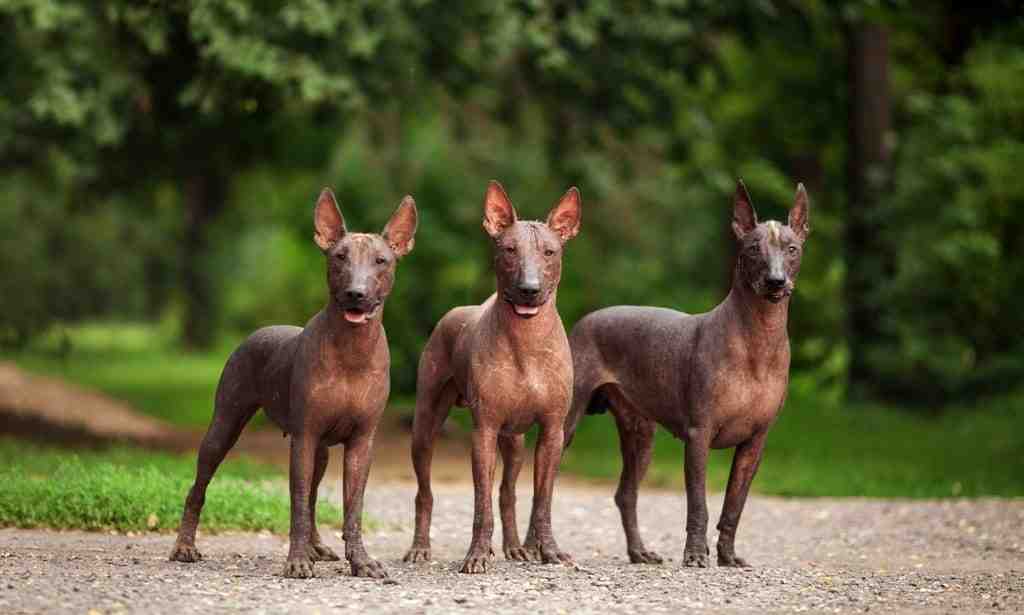SINGAPORE – Ms Joanne Kang raises hundreds of what she calls “pets” at her workplace as part of her job. They feed on soya agar and brain-heart infusion broth.
But they are not pet dogs or cats – they are pet bacteria, mould and fungi, and Ms Kang, a microbiologist, must ensure that they grow into massive colonies in sterile conditions.
This is a rather unusual activity for her consumer technology employer, Dyson, to indulge in.
But what the 44-year-old lead research scientist does is crucial to the firm that is famous for its futuristic-looking, expensive stick vacuum cleaners, air purifiers and hairdryers.
“These cultures are used in experiments to evaluate how well Dyson machines remove and kill the micro-organisms. These experiments are extremely important for assessing the effectiveness of our machines and the benefits they provide for the owners, giving us the necessary evidence to confidently make our product claims,” said Ms Kang.
She leads three other microbiologists here. They are part of a global team of 11 in-house microbiologists located in Singapore, Malaysia and Britain that also studies dust and allergens.
Her three years of work supported the claims Singapore-headquartered Dyson made for its latest WashG1 all-in-one wet floor cleaner that went on sale here on July 3.
For instance, motorised rollers on the WashG1 cleaning head let users pick up both dry and wet debris in a single pass.
While Dyson engineers determine the amount of mechanical head force, number of roller rotations, type of roller materials and hydration levels to achieve the best cleaning result, Ms Kang’s team studied the amount of bacteria life on the floor after cleaning.
Specifically, her team analysed, at a microscopic level, swab samples of puddles and moisture left behind on the floor to check if there was a significant reduction in viable bacteria count.
To achieve a high standard of hygiene, Dyson engineers built separate tanks for clean and dirty water. They also built capabilities to extract dirt from the WashG1 rollers before hydrating the rollers again with clean water.
Ms Kang, who completed her PhD in microbiology and immunology at the National University of Singapore in 2008, said she had never expected to work for a tech firm.
Many recruitment firms The Straits Times spoke to also said that their tech clients do not hire microbiologists. Jobstreet’s Asia-Pacific data showed that the biggest employers of microbiologists tend to be in the healthcare, medical, manufacturing, pharmaceutical, education and business consulting sectors.
It was curiosity that prompted her to respond to an online job ad from Dyson for a microbiologist in 2021.
She had spent a decade working in government agencies involved in public health and food safety, and interacted mostly with scientists.
So it came as a “culture shock” to her that she needed to translate scientific terms and interpret test findings for the benefit of her Dyson colleagues in the engineering and business departments.





